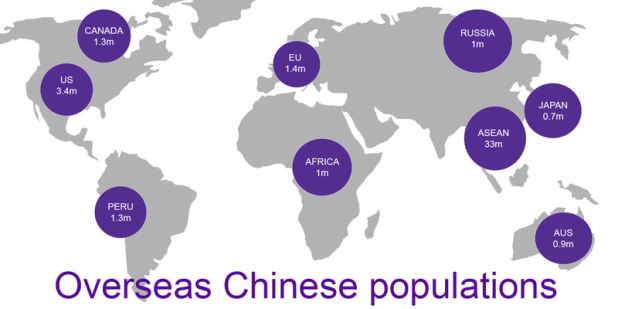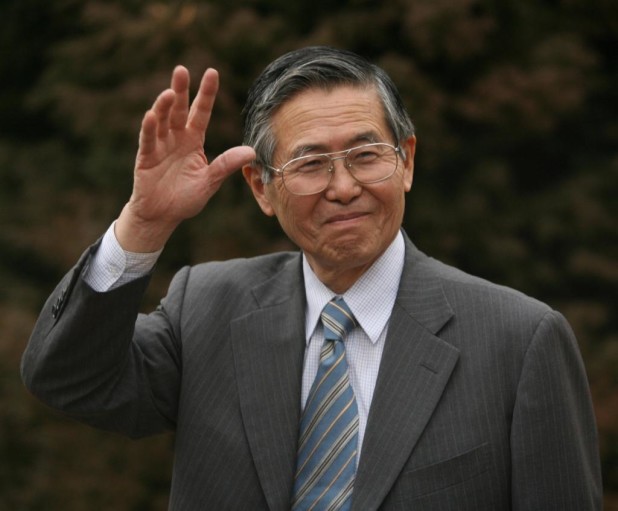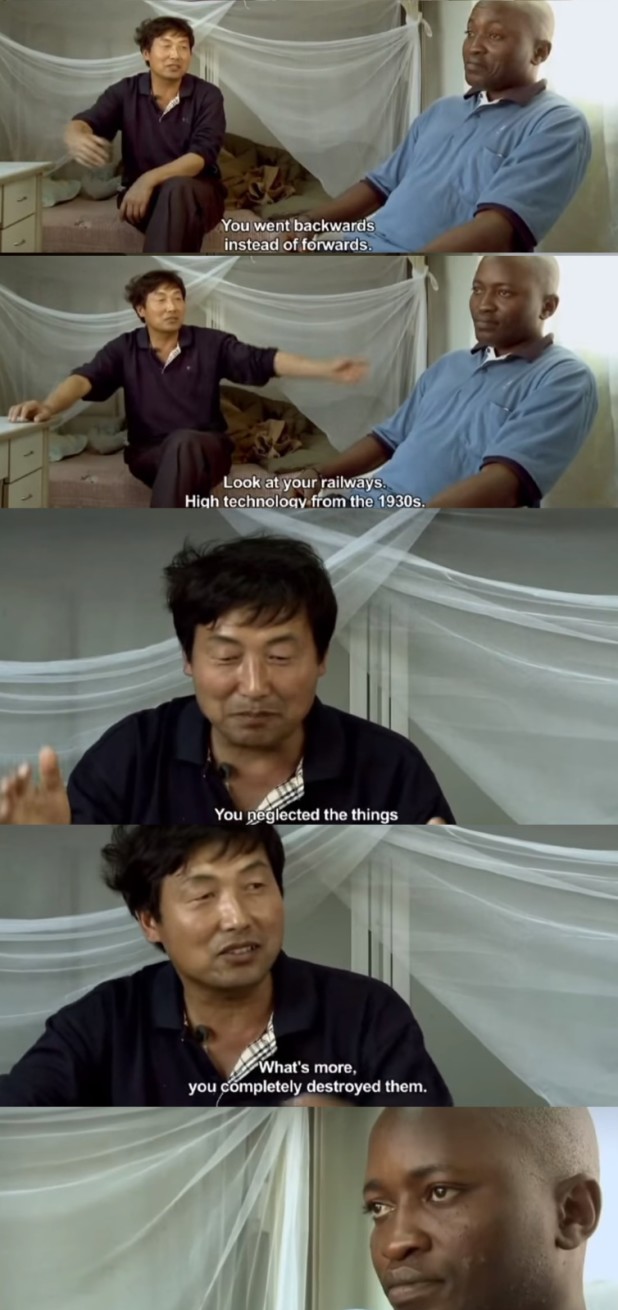Tory Scot
The Right Stuff
June 14, 2016
You might have noticed that modernity has imposed something of an embargo on topics that don’t fit well into the narrative. Most of the topics that we are supposed to care deeply about are practically irrelevant. I, of course, do think that letting men into the women’s restrooms is a silly idea, but whether or not it happens probably won’t matter too much in a hundred or a few hundred years. There are serious forces and trends that are shaping the world of tomorrow, but most of these are not allowed to be discussed in major publications or polite company, and instead asinine topics and trends are pushed into the limelight.
One such issue is the matter that Renaud Camus has called The Great Replacement; the colonisation of the Western world by the peoples of the Southern Hemisphere. It’s an issue that will be familiar to regular readers of this site, and more than likely anybody reading this right now. Since the (((Hart-Celler Act))) was passed by Congress in 1965, America has seen a massive demographic change. The country has gone from nearly 90% White to only about 66% white, with that percentage continuing to decline. As Kevin MacDonald noted in his work The Culture of Critique, the rest of the Western world followed a similar path within a decade, largely at the behest of a (((certain minority))) with vested interests in ending homogeneous White societies.
Non-White colonisation of White lands will be remembered as the central issue of the twentieth and twenty first century. All other matters are dimmed in comparison. It is the most important crisis that we face and yet it is also the crisis that is talked of the least, at least in public.
There is a subset of the demographic issue that does not receive nearly as much discussion as I believe it should. It has been overshadowed by rioting Tyrones in Baltimore and members of La Raza Cósmica jumping the border. These are pressing issues, but I’d like to remind everyone about an equally serious threat to those of us in the New World and Australia that isn’t as immediately destructive, but will play a very important role in the coming decades.
I’m talking about East Asians, specifically the Chinese. The issue of Chinese immigration is one that has been stared down before, both in North America and Australia. In the nineteenth century the three Anglo countries outside of Europe were faced with a growing wave of Chinese immigrants, who were being brought in primarily by large businesses, particularly the railroad companies, looking for cheap labour. Some things don’t really change. The movement to stop this trend was lead by racialists and labour activists, with a good deal of overlap between the two. Kaiser Wilhelm was deeply concerned with the rise of Asian power and is the one credited with coining the term “yellow peril.”
The Chinese, and East Asians in general, are held up by neoconservatives as the model minority and something to celebrate. Those further left will decry the term “model minority,” but generally agree that Asians are good. Many people who otherwise have good defensive instincts regarding Islam, or Blacks, or Mestizos will only say good things about the Chinese. They’re intelligent, hardworking, they don’t commit half of all homicides in America, etc.
This is all true. The much lamented “White racism” towards other minorities is really caused largely by poor behaviour emanating from said minorities, so the Chinese are often given a pass since they don’t light cars on fire. However, this doesn’t mean that Whites and Asians are interchangeable. People of Asian heritage have different characteristics than those of European heritage, and the new immigrants bring their own unique brand of problems, which this article endeavors to remind the reader of.
We could certainly use a Kaiser right now, because the Chinese are back, only this time not as paupers from a rotting Empire, but as representatives of a growing superpower. Time has not diminished this threat, it has made it all the more real.
The Chinese have a history of being wealthy and successful minorities, sitting at the apex of wealth in countries outside of their homeland. Malaysia, Indonesia, and the Philippines are all good examples of this. This has, not without reason, sparked resentment among the natives of theses countries as well as fear that the Chinese have more loyalty to their co-ethnics back in China than with those beneath them. During the mass killings in Indonesia in 1965 when the CIA gave names of communists to right wing death squads (surprisingly based) many Chinese were targeted by Indonesians.
The Chinese have avoided such a fate in other countries, and such attacks on them become less and less likely as China’s ability to use gunboat diplomacy and economic power to protect Chinese abroad increases. China is a nation of 1.3 billion people, with a GDP surpassed only by the United States. It’s an overstatement to say that money is power, but money can buy a lot of guns. Make all the plastic dog poop jokes you’d like to–eleven trillion dollars is a lot of money.
China’s rise has been called by some the most important phenomenon of the 21st century, while others have said China’s economy will soon collapse and the age imbalance will hold them back. There’s probably truth to both perspectives. China may suffer setbacks, and even serious ones, but a complete reversal doesn’t seem likely. China will keep industrializing, and it’s predicted that China will surpass the United States as the world’s largest economy some time in the twenty-first century.
Coinciding with this rise in economic and military might is the migration of Chinese to the United States, Canada, and Australia. Nearly four million live in the United States, about one and a half million live in Canada, and nearly nine hundred thousand live in Australia. Four and a half percent of those living in Canada are Chinese, and four percent of those in Australia are Chinese. By province, British Columbia in Canada is ten percent Chinese, and Ontario is almost six percent Chinese. Vancouver is the most Asian city in the world outside of Asia: 43% of the city is Asian, and Whites will be in the minority by 2033, with Asians taking their place as the dominant group.
The numbers of those present here alone don’t really do the situation any justice. The Chinese are a capable people, and in terms of income and educational achievement they outperform Whites in Australia, Canada, and America. On top of that, many of the Chinese coming here are from wealthy families back in China. The Chinese are bringing a lot of money with them, and in a decrepit democracy such as our own, money alone will take your pretty far. The Chinese are buying up Canadian mining companies, automotive industry, and real estate. Although it’s been decried as horribly bigoted, some have dared to make the obvious observation that Vancouver’s high real estate prices are being driven up by Chinese money. A similar process is taking place in Australia and Toronto.
The People’s Republic of China has adopted a “go-out” policy, meaning that they are looking to invest overseas. As of 2015, China has 6.4 trillion in overseas assets that is expected to expand to 20 trillion by 2020. Canada and Australia may be feeling these effects more than other countries, but the Chinese are investing everywhere they can.
This presence also makes itself felt in politics and society in general. Politicians like Alice Wong have come to power with the goal of advancing Chinese interests. Politicians with direct ties to a (((foreign country))) are nothing new, but increasingly there are politicians in Canada that are loyal to Chinese interests. In Vancouver, “now hiring” signs are put up in Chinese, a way of saying, “if you aren’t Chinese, don’t apply”. Here’s an anecdote: somebody I know told me of a conversation he was having with a pair of Chinese men. They spoke English well, but broken enough that it was evident that it was a second language to them. When asked where they were from, they answered “Toronto.” Vancouver and Toronto are home to large Chinese enclaves that continue to grow.
Chinese numbers carry less weight in the United States, simply due to the size of the country’s population, but the Chinese have their foot in the door there, too. As Derbyshire points out, the overwhelming majority of those convicted of committing espionage on China’s behalf have been gasp Chinese! Who could have guessed? Add to this the fact that China owns much of America’s debt, and you have a good case for being concerned about continuing immigration from China to the United States.
We can also expect organized Chinese crime to increase with their numbers and influence, in the same way that the (((Russian mob))) used their relatives present in the USA to create a presence in the United States after the fall of the Soviet Union. Where there is a large presence of Chinese, you can bet that the Triad will be there too. Rather than being a force against the government in Beijing, you can expect it to be cooperating with them. Why suppress powerful criminals when you can just point them at your enemies? If you’re an English head of state or politician in 1650, are you really going to go out of your way to capture English pirates going after Spanish shipping? Also, though it’s never been proven, it has been suspected that the Triad was involved in anti-colonial organisations during British rule in Hong Kong.
This growing power is not going to be unused. On top of all the influence that is already wielded in the shadows, we shouldn’t be surprised if China starts using the excuse of “protecting our citizens abroad” to interfere more directly in the affairs of Canada and Australia, and perhaps eventually the United States. Japan used this reason, somewhat justifiably, when invading Korea and Manchuria. Today, Russia holds the presence of Russians in the Baltic and Ukraine as a sword of Damocles over the heads of those regions’ peoples. There’s no reason to suppose that the Chinese won’t do it if they become powerful enough to do so. History shows that large numbers of a foreign people can and will act as a fifth column if the right conditions arise.
I’d like to finish this article by stating that I have a degree of respect for the Chinese. I’ve never had a Chinese show me the degree of hostility that somebody like (((Tim Wise))) would, and East Asians in general can be very based. Alberto Fujimori, for example, was the Japanese President of Peru from 1990 to 2000. During his time in office, he sterilized 300,000 (that’s not a typo) Aboriginal women and was responsible for fighting Marxist terrorists (the infamous Shining Path) with death squads organized extra-judicially, while promoting free-market reforms. He’s basically the Yellow Pinochet of Peru.
While I think that the only solution to the JQ is to send them all to their desert country and keep them out entirely, I believe there is room for understanding and perhaps even cooperation between Whites and East Asians, particularly with the Japanese, although I wouldn’t exclude the Chinese or the Koreans.
The basis for such cooperation and mutual respect must be sovereignty and strength. Multiculturalism will only bring conflict with it. Guillayme Faye correctly stated in his book Archeofuturism that it is paradoxically an overabundance of “love” that is leading to hate. Any understanding between us and the growing Eastern power will only be reached if we come from a position of strength and honesty regarding our interests as a people, two things we currently lack.
What is in our future regarding our relations with China? I can’t say for sure, but it could be very ugly. It doesn’t have to be that way, but as long as we don’t resist the Chinese they will encroach on us. If we don’t insist on keeping our countries, why wouldn’t they take them? Proximity, immigration, and multiculturalism isn’t going to bring peace; not in the long run, because it is creating a conflict of interest that will only grow as the Chinese become more invested in our countries.
China has formed an impermeable ethnic bloc that is exporting its surplus to the rest of the world, mainly South-East Asia, Africa, Australia, and North America. With a burgeoning population of 1.3 billion people, China is looking for resources abroad to fuel its expanding economy and growing middle class–destroying much of the planet’s wildlife in the process, I might add. China is grabbing everything it can get its hands on. In many African countries, notably Angola, Chinese companies use Africans for labour and fill leadership roles and skilled positions with Chinese. There are a quarter of a million Chinese residing in Angola, most of them there on work permits. The picture below is from the documentary Empire of Dust: The Chinese in Africa.
China isn’t going to smile and nod its head if we start pushing back, and the longer we wait the more invested in our lands they will be. The longer we wait, the more powerful they will be. Leaving this problem on the back burner is a colossal mistake that we will pay for in the coming decades.
There is good news, thankfully. The God Emperor himself has shined light on the fact that China is conducting a de facto trade war while American conservatives blissfully extol the wonders of globalism and free trade. This is hopefully only the start of America starting to take the Chinese more seriously.
China’s position is also greatly weakened by strong divisions among East Asians. With the Greater East Asia Co-Prosperity Sphere (awfully nice name for an empire founded on conquest) confined to the dustbin of history, China and Japan aren’t going to start cooperating anytime soon. The hatred between Japan and China is comparable to that which existed between the French and the Germans after 1871. Japan is increasingly coming out of the pacifism that has dominated their political arena since the end of the Pacific War and will remain one of China’s most significant obstacles, decadent urbanite degeneracy notwithstanding.
With that said, China isn’t going anywhere, and they are going to be a major player on the geopolitical stage in the twenty-first century.
 Daily Stormer The Most Censored Publication in History
Daily Stormer The Most Censored Publication in History






